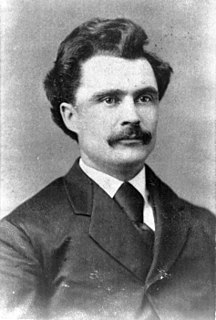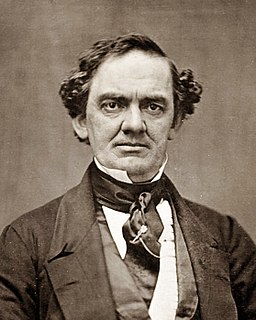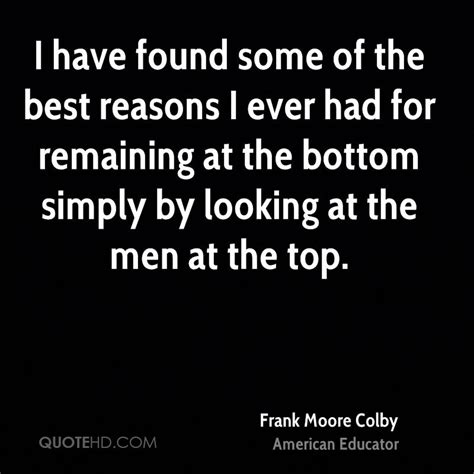A Quote by Francis Quarles
Every man's vanity ought to be his greatest shame; and every man's folly ought to be his greatest secret.
Related Quotes
Once in his life, a man ought to concentrate his mind upon the remembered earth, I believe. He ought to give himself up to a particular landscape in his experience, to look at it from as many angles as he can, to wonder about it, to dwell upon it. He ought to imagine that he touches it with his hands at every season and listens to the sounds that are made upon it. He ought to imagine the creatures there and all the faintest motions of the wind. He ought to recollect the glare of noon and all the colors of the dawn and dusk.
Therefore the good man ought to be a lover of self, since he will then both benefit himself by acting nobly and aid his fellows; but the bad man ought not to be a lover of self, since he will follow his base passions, and so injure both himself and his neighbors. With the bad man therefore, what he does is not in accord with what he ought to do, but the good man does what he ought, since intelligence always chooses for itself that which is best, and the good man obeys his intelligence.
It is the man of science, eager to have his every opinion regenerated, his every idea rationalized, by drinking at the fountain of fact, and devoting all the energies of his life to the cult of truth, not as he understands it, but as he does not yet understand it, that ought properly to be called a philosopher.
Vain men delight in telling what Honours have been done them, what great Company they have kept, and the like; by which they plainly confess, that these Honours were more than their Due, and such as their Friends would not believe if they had not been told: Whereas a Man truly proud, thinks the greatest Honours below his Merit, and consequently scorns to boast. I therefore deliver it as a Maxim that whoever desires the Character of a proud Man, ought to conceal his Vanity.
Mirth is God's medicine. Everybody ought to bathe in it. Grim care, moroseness, anxiety,--all this rust of life, ought to be scoured off by the oil of mirth. It is better than emery. Every man ought to rub himself with it. A man without mirth is like a wagon without springs, in which one is caused disagreeably to jolt by every pebble over which it runs.
This nation was founded by men of many nations and backgrounds. It was founded on the principle that all men are created equal, and that the rights of every man are diminished when the rights of one man are threatened ... It ought to to be possible, in short, for every American to enjoy the privileges of being American without regard to his race or his color.
The average man votes below himself; he votes with half a mind or a hundredth part of one. A man ought to vote with the whole of himself, as he worships or gets married. A man ought to vote with his head and heart, his soul and stomach, his eye for faces and his ear for music; also (when sufficiently provoked) with his hands and feet. If he has ever seen a fine sunset, the crimson color of it should creep into his vote. The question is not so much whether only a minority of the electorate votes. The point is that only a minority of the voter votes.






































